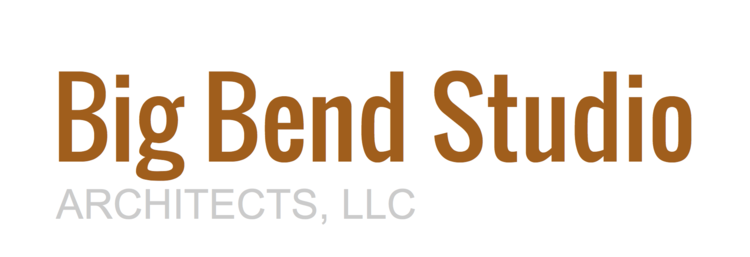Jim Moses and Adam Mitchell, who have taught advanced design studios together at the Boston Architectural College since 1998, will teach an advanced workshop, 'Exploring Architectural Themes through Case Study' in the Fall 2017 semester. The course will focus on exploring a particular architectural theme using the case study method to analyze existing, but less studied, buildings by well known architects. Here is an excerpt from the course description:
The word ‘innovation’ derives from the Latin innovationem, which according to the Etymology Dictionary dates to 1540, and stems from innovatus, past participle of innovare "to change; to renew," from in- "into" + novus "new". It means "a novel change, experimental variation, new thing introduced in an established arrangement". A specific relationship to what came before, a precedent, is implicit in the word. Innovation does not occur in a vacuum, but in context, in this case, a history.
This course takes aim at ‘an established arrangement’, while at the same time understanding that that arrangement may itself represent an innovation. In it, each student will be asked to do a deep exploration, a case study, of a single work of architecture - a building and its attendant landscape - from a list of important, thematically related pieces. The goals are:
- to luxuriate in getting to know a work of architecture extremely well;
- to hone analytical skills through curiosity, close observation, and critique;
- to present findings in a clear, concise, and confident way;
- to contribute to the collective knowledge of your colleagues and, perhaps, the discipline.
The basis of the case studies will be primary (to the extent available) and secondary documentation (drawings, models, photographs, text). Deliverables will include the range of descriptive/interpretive products that will serve as a kind of de- and reconstruction, and culminating in a final report. Class meetings will take the form of seminars and pin-ups.
While the case study will quite readily, and purposefully, expose the ‘how’ of a particular work, at the same time the operative question will be ‘why?’. Issues inherent to context, intent, construction, and occupation will be unavoidable.



